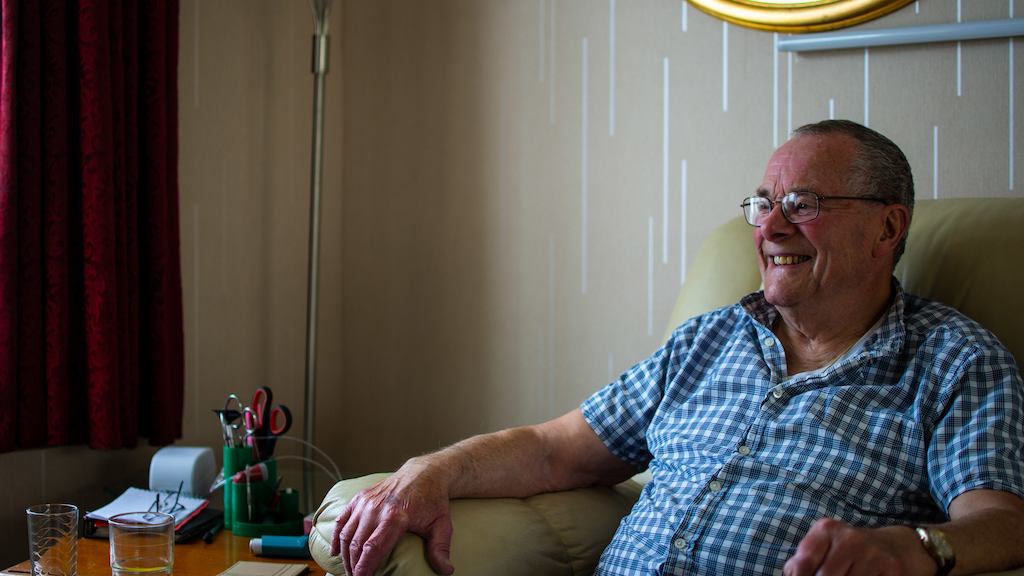Housing needs a complete overhaul. By 2025, 8.2 million households will be headed by someone aged 65 and over. Bungalows, specialist housing and downsizing are often touted as solutions. What’s really needed is 'age-proof' building – homes that are adaptable and fit for purpose throughout people’s lifetimes, and that enable people to be healthy and independent as they age.
Our communities must respond. All local authorities should sign up to become Age-friendly Communities in order to help their residents age well – shaping places and plans from transport and green spaces to housing and health.
Living longer means working longer. Ensuring people can remain in good work is vital for the economy and mitigating future skills shortages. Employment benefits people financially and helps them remain social, healthy and active.
Too many workplaces are behind the curve on things like flexible working and adjustments which can help people manage health conditions. Recruitment processes often disadvantage older candidates. All these things make a massive difference to older workers’ ability to stay in the labour market.
Businesses need encouragement to develop new services and products for the ageing population — designing kitchens and bathrooms that are inclusive and suitable for all ages. Consumers aged 50 or over spend around £314 billion a year — a potentially lucrative and untapped market.
Too often, ageing is a byword for burden — on individuals, families, or the state. I won’t pretend the solutions to such dramatic demographic change are always straightforward.
But we have to start working together to ensure current and future generations can enjoy a healthy, happy later life.
The government has shown leadership at a national level – but we all, the public, private and charitable sectors, have a collective responsibility and opportunity to make it happen.
The real grand challenge is seizing the opportunity of a good later life now.
First published in The Times.


